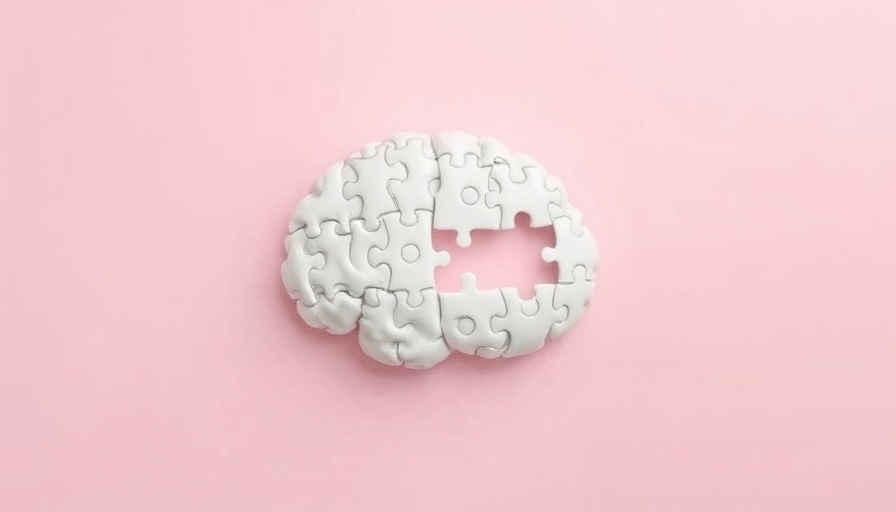
Understanding Alzheimer's: A Growing Challenge for Women
As more than 7 million Americans face the challenges posed by Alzheimer's Disease, understanding its implications becomes vital, especially for women who are disproportionately affected. According to the Alzheimer’s Association, one in nine individuals over 65 is impacted by this debilitating condition, which is marked by memory loss and cognitive decline. Studies indicate that abnormalities in the brain begin long before symptoms manifest, creating an urgent need for early detection and intervention.
Spotting the Early Warning Signs
Awareness of Alzheimer's warning signs can be the first step in proactive healthcare. Symptoms often mistaken for normal aging can serve as critical early alerts. These signs include frequent memory loss that disrupts daily activities, difficulty solving problems or completing familiar tasks, and confusion regarding time or place. Recognizing these indicators allows individuals and families to confront the issue head-on, ultimately leading to earlier diagnosis and better management of health.
The Importance of Early Testing
Panelists at a recent health symposium stressed the significance of requesting blood tests that can reveal the presence of Alzheimer's pathology. Despite the growing acceptance of blood testing for early detection, stigma surrounding Alzheimer's continues to be a barrier that prevents many from pursuing diagnosis. Advocating for personal health and early intervention can improve outcomes significantly, making it crucial for individuals to discuss cognitive health openly.
Encouraging Conversations About Cognitive Health
Women's health advocates are urging women to lead conversations about their cognitive health. The notion that women, often the caregivers in families, should prioritize their brain health is gaining momentum. Establishing support networks—for example, arranging group visits to healthcare providers—can help break the stigma and encourage proactive engagement about health issues that matter.
Empowering Women to Take Control
Empowerment comes from knowledge and community support. Taking a stand and addressing Alzheimer’s openly not only benefits the individual but also contributes to a broader awareness that can help others. By sharing their experiences, women can uplift one another and foster a culture of collective health advocacy, aiding in early detection and prevention of Alzheimer's Disease.
 Add Row
Add Row  Add
Add 




Write A Comment